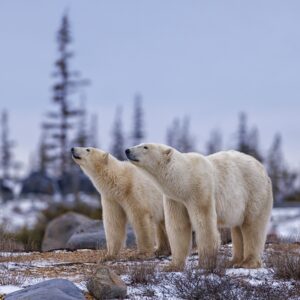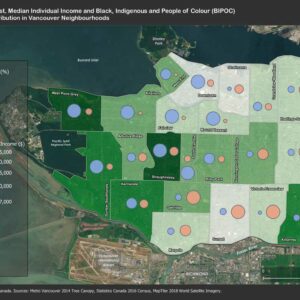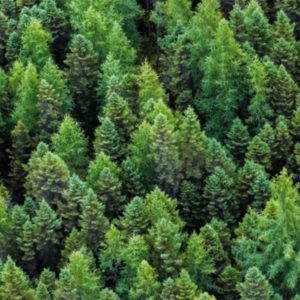IPCC Mitigation Report Urges Nature Protection as Key Avenue for Climate Action
That’s the clarion call from the United Nations Intergovernmental Panel on Climate Change (IPCC) Sixth Assessment report on Mitigation released this week.
Over six hundred scientists contributed to the writing of the report, which drew on more than 18,000 scientific papers to inform its assessment.
The IPCC authors, as well as the 195 signatory countries, agree that rapid and deep emission reductions are needed to keep global warming below the dangerous 1.5°C tipping point—starting now.
Specifically, greenhouse gas emissions need to fall 43 percent from the 2019 level by 2030, and 84 percent by 2050.
Accomplishing this will require faster action to shift away from fossil fuels, increase energy efficiency, and reduce high-carbon consumption, especially in wealthy countries.
The new investments needed to drive the low-carbon transformation will be significant, but the authors are clear that the costs of inaction are much higher.
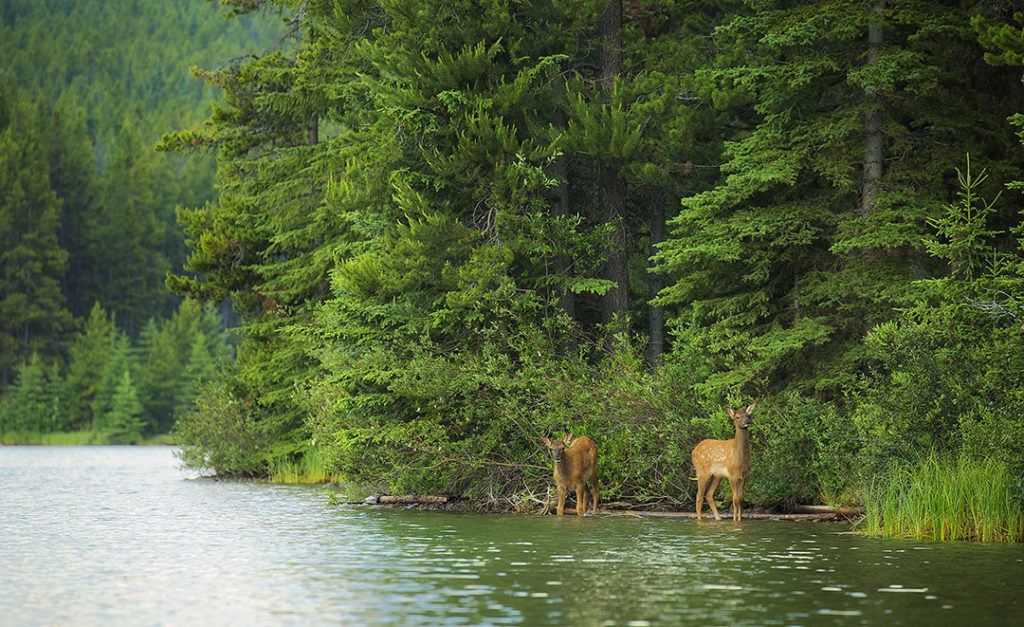
Protecting nature is key to climate action
The IPCC report also underlines the importance of better protecting, restoring, and managing Earth’s critical ecosystems. Harnessing the innate benefits of nature can help reduce global greenhouse gas emissions.
Agriculture, forestry, and other land-use practices currently make up approximately 22 percent of global emissions. At the same time, intact ecosystems play a critical climate role, absorbing about one-third of human-caused emissions each year.
The IPCC report indicates that the land-use sector can contribute 20-30 percent of necessary emission reduction to keep warming below 1.5°C. What’s more, most actions are eminently affordable on a dollars-per-tonne-of-emissions-reduced basis.
The most important action we can take in mitigating climate change is better protecting and restoring forests, peatlands, coastal wetlands, and grasslands. Doing so can reduce the world’s greenhouse gas emissions by as much as seven billion tonnes—ten times Canada’s emissions.
Improved agricultural practices can reduce emissions by up to a further four billion tonnes a year, while shifting food consumption patterns (e.g. increasing plant-based diets and reducing food waste) can contribute another two billion tonnes in reductions.
All of this will cost money: a sixfold increase in current spending ($700 million per year) on land-sector emissions reductions is needed.
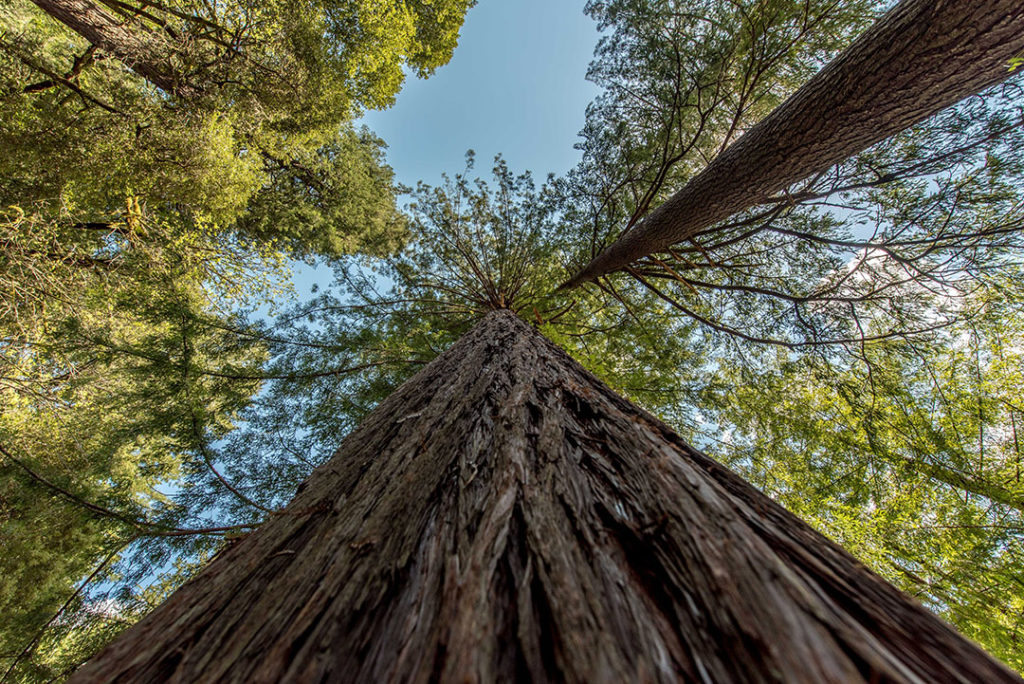
Leveraging nature must also be based on an accurate assessment of the carbon emissions and removals from forests and other ecosystems. The IPCC report raises concern about significant discrepancies between different approaches to accounting for forest carbon. This reinforces Nature Canada studies showing that Canada is vastly underreporting the net emissions associated with logging.
But the benefits of protecting nature go far beyond limiting climate change. Protecting nature can help stop mass species extinction, advance Indigenous rights, improve mental and physical health, and strengthen our resilience to extreme weather.
Protecting and enhancing the carbon storage benefits of nature does not mean we can slow the transition away from fossil fuels—a separate and vital task. But it is a key requirement for a safe and livable future.
Canada has globally-significant forests, peatlands, grasslands, and coastal wetlands, and our government has stated a strong commitment to protect nature and halt biodiversity loss. We are, therefore, well-positioned to lead the way in leveraging nature in the fight against climate change.
Take Action
And you can help. Please, join other Canadians in urging the federal government to hold the logging industry accountable for their climate impacts and align logging sector policies with Canada’s climate, nature, and reconciliation goals. Sign the petition now.

